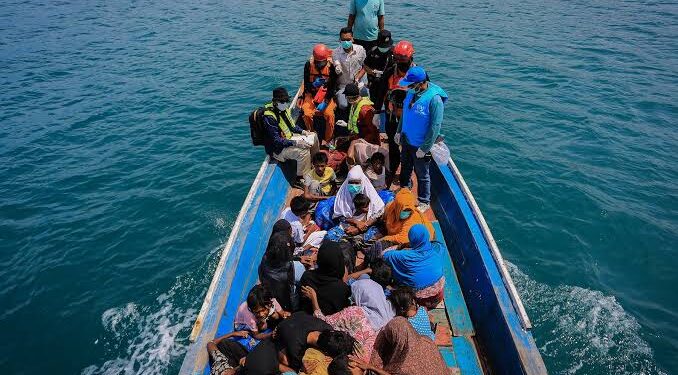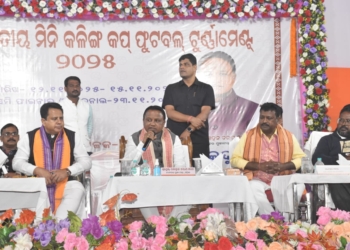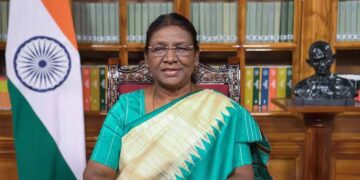The United Nations has launched an investigation into serious allegations that India forcibly deported Rohingya refugees by setting them adrift in the Andaman Sea, near Myanmar, after removing them from a naval vessel.
The incident, described by the UN Human Rights Office as “unconscionable” and “unacceptable,” reportedly involved around 40 refugees, including women, children, and elderly individuals, who were allegedly detained in New Delhi before being transported and abandoned at sea with life jackets.
The claims were brought before the Supreme Court of India, where petitioners alleged that 43 Rohingya refugees were deported under the pretext of biometric data collection. However, the Supreme Court, while hearing the matter on Friday, dismissed the plea’s urgency, expressing strong skepticism over its authenticity.
“Every time, you have a new story. Now where is this beautifully crafted story coming from? Who was clicking the videos and photos? How did he come back?” questioned Justice Surya Kant, calling the petition “vague, evasive and sweeping.”
The bench, comprising Justice Surya Kant and Justice N Kotiswar Singh, declined to issue any interim relief, citing lack of concrete evidence. The court further emphasized that foreign reports or recordings—even if submitted—could not override Indian sovereignty.
Senior advocate Colin Gonsalves, representing the refugees, offered to present an audio recording and foreign reports from the Myanmar shores as evidence. However, the court remained unconvinced.
Despite India not being a signatory to the 1951 UN Refugee Convention or its 1967 Protocol, it hosts approximately 40,000 Rohingya refugees, including 22,500 registered with the UNHCR, as per Refugees International.
One refugee reportedly told Associated Press:
“My parents were taken from me and thrown into the waters… It would be enough if I am reunited with my parents. I just want my parents, nothing else.”
The case has raised new concerns about the treatment of refugees in India, especially amid growing scrutiny from international human rights agencies. While the Indian government has not officially commented on the UN probe, the developments add pressure in light of increasing global attention to refugee rights violations.





























